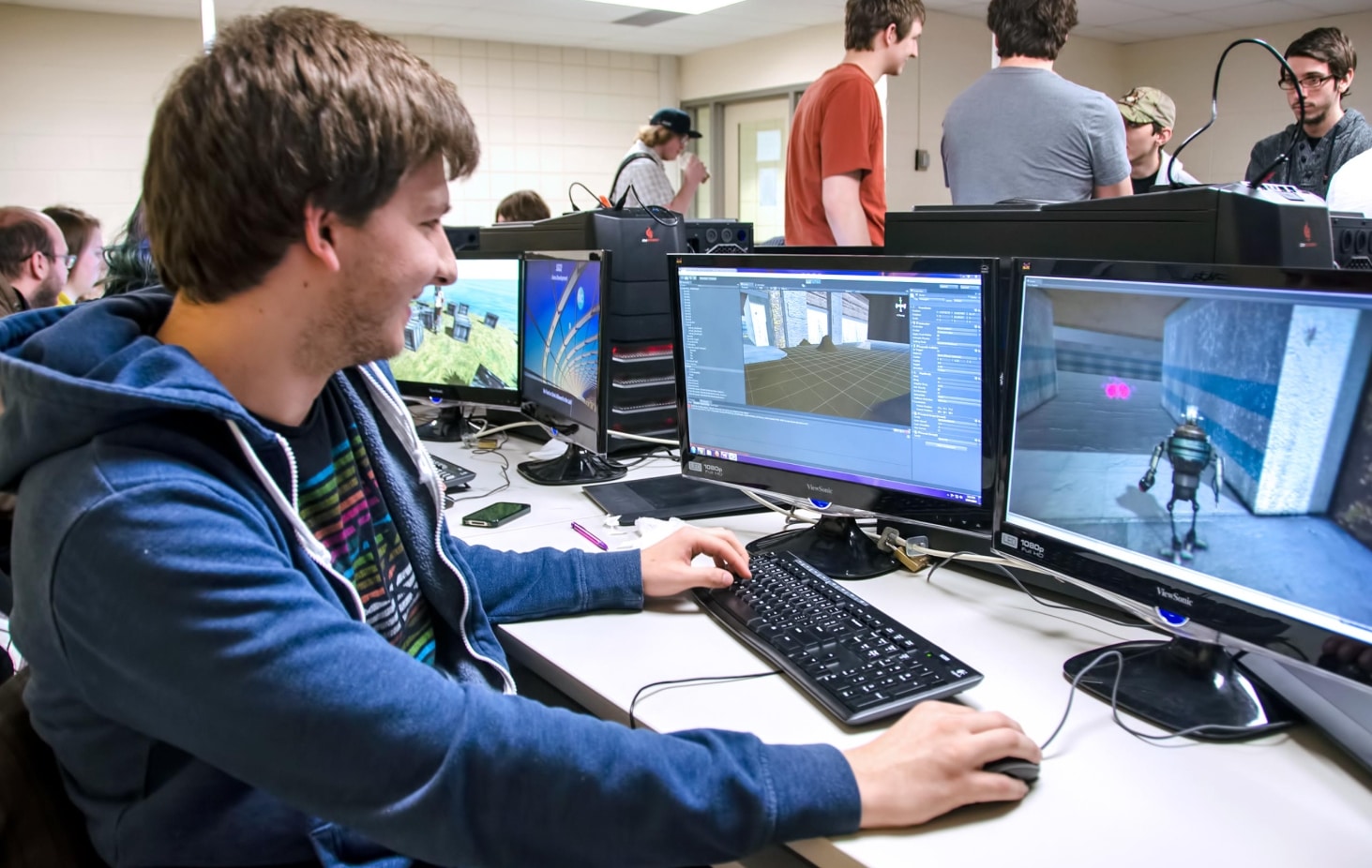Layoffs have been a recurring problem that has plagued the gaming industry for several years. What’s particularly disheartening is that many game studios have chosen to lay off employees despite experiencing success.
A recent example is Funcom, which laid off various employees despite the massive success of their biggest release, *Dune: Awakening*. Similarly, *Payday* developer Starbreeze Entertainment reduced staff to cut costs as they focus their resources on *Payday 3*. These are just a few of the companies that have made layoffs in recent years.
### Insights from the 2025 Big Games Industry Employment Survey
According to this year’s *Big Games Industry Employment Survey* by InGame Job, 26% of European game developers experienced layoffs in 2025. The survey highlighted that the most affected roles were artists, game designers, and QA specialists.
The study involved 1,650 respondents from 85 countries worldwide between March and June 2025, but the analysis focused specifically on the European region.
Among those laid off, 10.4% are currently unemployed—a 6.2% increase compared to last year’s report. On the positive side, 16.3% of laid-off individuals managed to secure new jobs.
### Employment Impact by Seniority Level
Junior employees were hit the hardest by layoffs: only 43% remained employed, while 14% were laid off and remain unemployed. In contrast, top-level employees showed more stability, with 75% still in their jobs and only 3% laid off and currently unemployed.
### Other Relevant Data and Statistics
Layoffs are only part of the story. The report also delved into salary trends and the gender pay gap in the gaming industry.
There is a significant imbalance in compensation across different seniority levels. Entry-level and mid-level professionals faced the brunt due to factors such as reduced bonuses, slower career progression, and salary freezes. Meanwhile, top-level professionals reported relatively stable and satisfactory compensation, showing very little change compared to last year.
Tanja Loktionova, co-founder of InGame Job, explained:
> “Salaries for programmers have dropped by almost half, mainly because there are barely any open positions. There have been a lot of layoffs and very few new opportunities.”
She also pointed out that the adoption of AI is another major factor affecting median salaries across roles and levels.
One respondent shared the challenges faced by newcomers:
> “I haven’t had a chance to break into the gaming industry yet. With AI and layoffs, it’s getting harder and harder. On top of that, the number of entry-level jobs is terrible. Practically nothing. Nothing at all.”
### AI Adoption in the Gaming Industry
The section on AI adoption was particularly insightful. Skepticism toward AI is declining, with a large portion of gaming professionals viewing it as a useful tool. The report found that 63% of respondents actively use AI in their work, a 12% increase from last year’s 51%. Meanwhile, only 15% said they do not use AI and have no plans to adopt it.
### Conclusion
The report concludes with respondents voting for the top 10 global game companies they would most like to work for.
As the gaming industry continues to evolve, factors like layoffs, salary dynamics, and AI adoption remain critical topics that influence the workforce and shape the future of game development.
https://gamesfuze.com/game-news/recent-report-reveals-26-of-european-game-devs-were-hit-by-layoffs-in-the-past-year-or-so/



